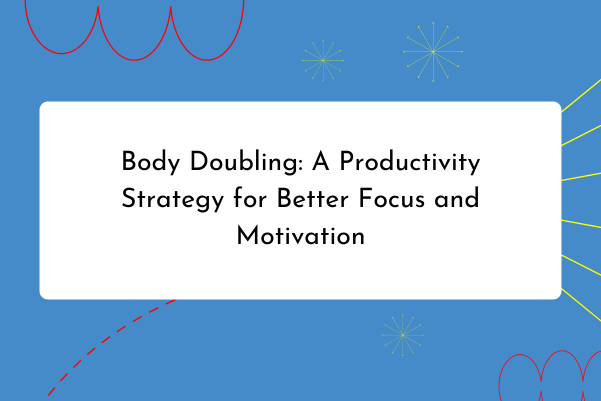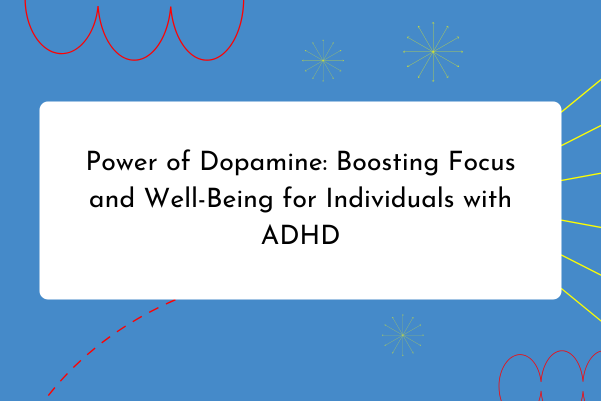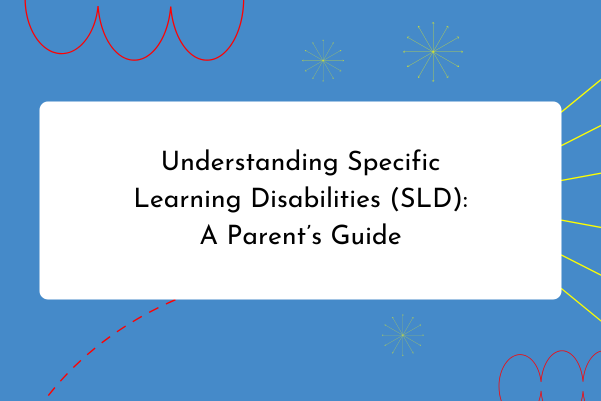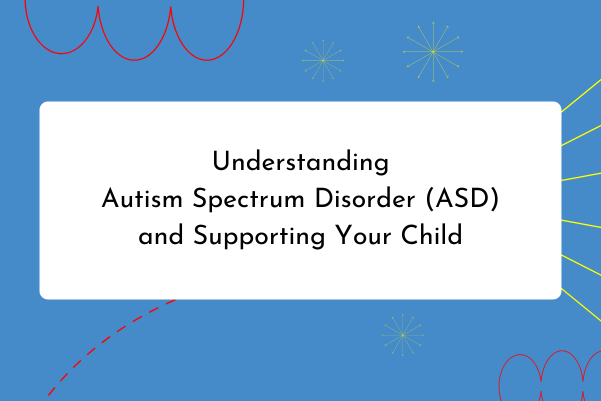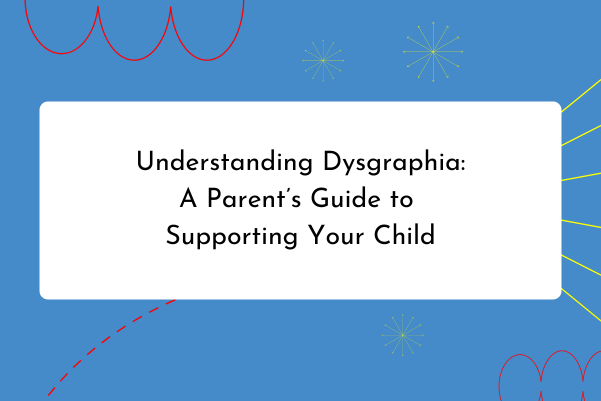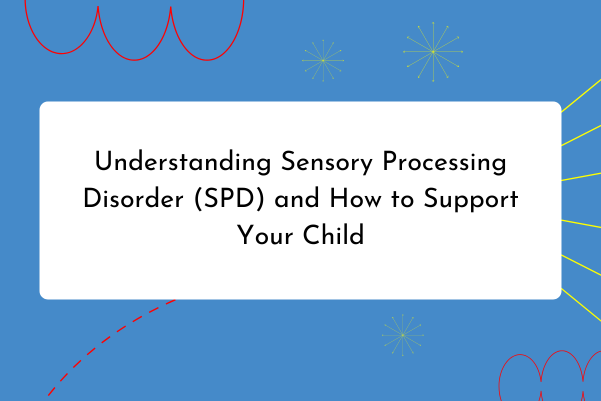Understanding Attention Deficit Hyperactivity Disorder (ADHD) and Supporting Your Child
Among the 60 responses we received, 51 parents shared that their child has been diagnosed with Attention Deficit Hyperactivity Disorder (ADHD). If you’re one of those parents, know that you’re not alone, and there are effective ways to support your child as they navigate the world with ADHD.
What is ADHD?
ADHD is a neurodevelopmental disorder that affects a person’s ability to focus, control impulses, and manage their energy levels. Children with ADHD might seem restless, have trouble paying attention, or act on impulses without thinking. It’s important to remember that ADHD isn’t a sign of laziness or poor parenting—it’s a condition that requires understanding and support.
How Can Parents Support Their Child with ADHD?
- Educate Yourself
Understanding ADHD is the first step in helping your child. Learn about the condition, its symptoms, and how it affects your child specifically. The more you know, the better equipped you’ll be to support them. Books, articles, and online resources can provide valuable insights, and connecting with other parents can offer practical advice. - Create Structure and Consistency
Children with ADHD often struggle with organization and staying on task. Creating a structured environment with clear routines can help them feel more secure and focused. Simple strategies like using charts for daily tasks, setting specific times for activities, and breaking tasks into smaller, manageable steps can make a big difference. - Encourage Movement and Breaks
Kids with ADHD usually have lots of energy and may find it hard to sit still for long periods. Encourage physical activity throughout the day, whether it’s playing outside, doing sports, or even taking short movement breaks during homework time. Regular exercise can help improve focus and reduce hyperactivity. - Support Their Strengths and Interests
Children with ADHD often have unique strengths and interests that can be nurtured. Whether it’s a passion for art, music, science, or sports, focusing on what they love can boost their confidence and help them develop valuable skills. Encouraging these interests can also provide an outlet for their energy and creativity. - Communicate Clearly and Positively
Communication is key when supporting a child with ADHD. Give clear, concise instructions and use positive reinforcement to encourage good behavior. Praise their efforts and accomplishments, no matter how small. Positive feedback helps build self-esteem and motivates them to keep trying. - Work with Professionals
Consider working with professionals who specialize in ADHD, such as therapists, counselors, or educational specialists. They can provide tailored strategies and support that address your child’s specific needs. Behavioral therapy, for example, can teach your child skills to manage their impulses and improve their focus. - Be Patient and Flexible
Patience is essential when raising a child with ADHD. There will be challenging days, but it’s important to stay calm and understanding. Flexibility is also key—what works today might not work tomorrow, so be open to trying different approaches until you find what’s most effective for your child.
Final Thoughts
Raising a child with ADHD can be a journey filled with unique challenges, but also with many rewards. With understanding, structure, and plenty of love, you can help your child navigate life with ADHD and reach their full potential. Remember, it’s okay to seek help and connect with others who are going through similar experiences.
Your child is unique and capable, and with the right support, they can thrive.

